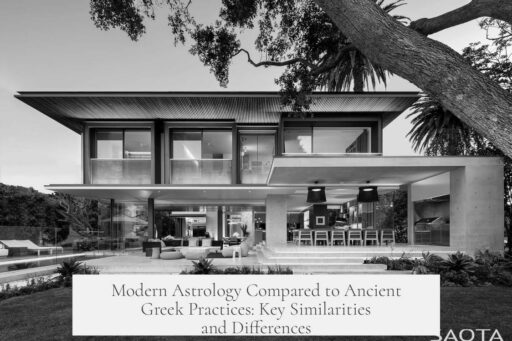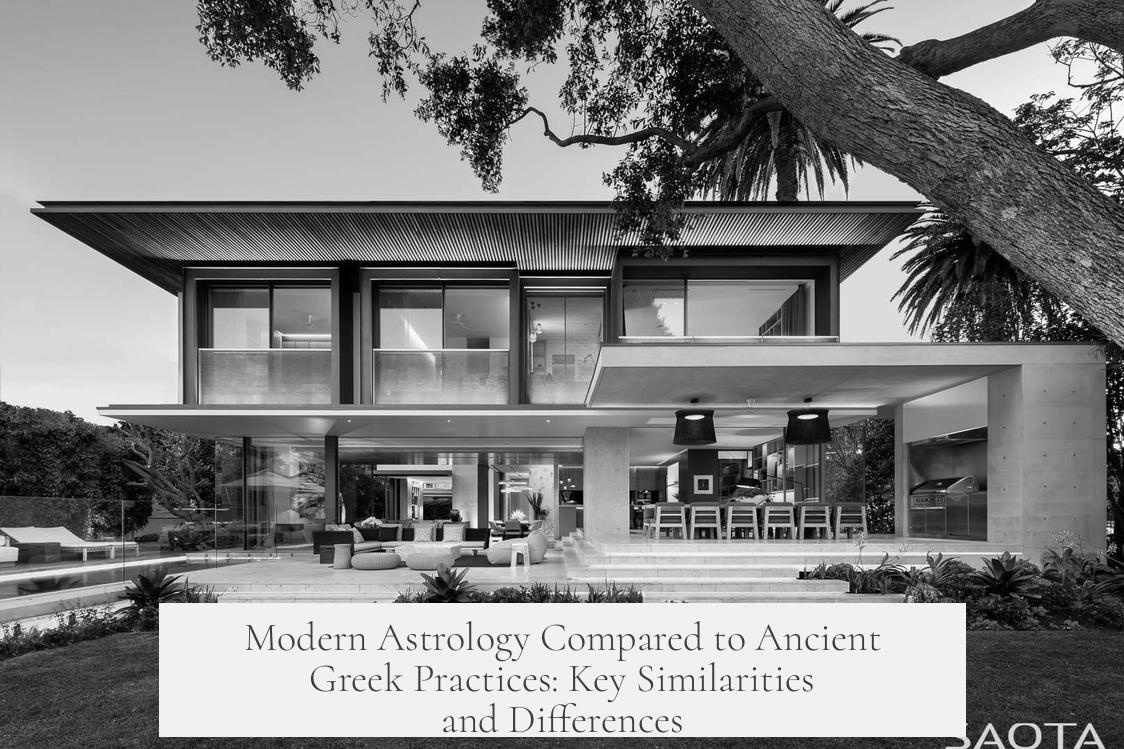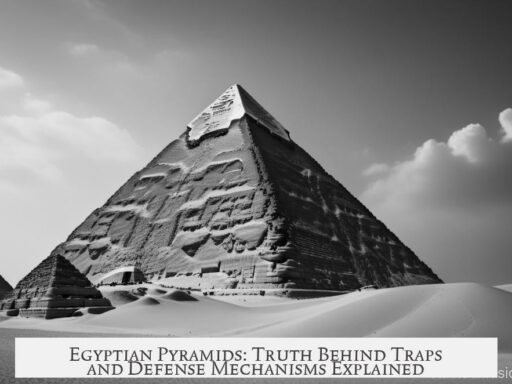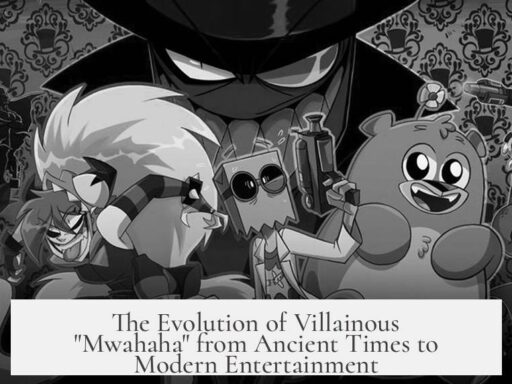Modern astrology shares core elements with ancient Greek astrology but shows significant differences in focus, method, and interpretation. The Greeks transformed Babylonian astrology, which mainly predicted political and meteorological events, into a system examining individual destinies. Over several centuries, astrology integrated philosophy, religion, mathematics, and natural sciences to evolve into its contemporary form.

One core similarity is the use of the zodiac divided into twelve signs. However, the original constellations have shifted due to the precession of the equinoxes. Ancient astronomer Hipparchus noted this phenomenon in the 2nd century B.C. To address this, Greek astrologers created the tropical zodiac. This system fixes the zodiac signs according to the Earth’s position relative to the spring equinox and solstices, rather than the actual constellations’ positions. Modern Western astrology follows this tropical zodiac, maintaining an abstract belt around the Earth rather than fixed star patterns.
The importance placed on the timing of events differs. Ancient astrologers such as Berossus’ disciples valued the moment of conception as influential on destiny. In contrast, modern astrology prioritizes the moment of birth, using the birth chart as the foundation for readings.

Historical records of Greek astrological charts begin around the 1st century B.C., close to the era when Rome became an empire. These early charts laid groundwork for many techniques still in use today, including the houses system and planetary aspects.
To summarize differences and similarities:

- Ancient Greek astrology evolved from Babylonian methods but emphasized individual fate.
- The tropical zodiac system was developed in Greek times and remains the basis of modern tropical astrology.
- Modern astrology prioritizes birth time, unlike some ancient practices focusing on conception.
- Greek astrology mixed science, religion, and philosophy; modern astrology retains philosophical elements but relies more on individual psychology.
- Early Greek charts date from the late Hellenistic period and influenced Roman and contemporary astrology.
Overall, modern astrology is rooted in ancient Greek traditions but has adapted to changing knowledge and cultural priorities. It retains the structure of the zodiac and personalized focus but diverges in technical details and timing significance.
How Similar Is Modern Astrology to Astrology as Practiced by the Ancient Greeks?

If you ask how similar modern astrology is to the astrology of the Ancient Greeks, the short answer is: they’re close cousins, not identical twins. Both share roots, but they’ve diverged over centuries in fascinating ways. Let’s dive into this cosmic family tree and see how ancient stargazing evolved into today’s sky-reading practice.
First off, the astrology the Greeks practiced isn’t exactly the astrology you might read about in today’s horoscope columns. The roots trace back even further to Babylonian astrology, which mostly focused on big-picture forecasts like political shifts or weather changes. Greek astrologers, however, took a different path—they zoomed in on the individual soul’s journey and destiny. Imagine critics of Greek astrology rolling their eyes, saying, “It’s all about personal fate, not just the king’s fate or the harvest’s success!”

The Shift from Babylonian to Greek Astrology: From Kings to You
Babylon’s astrologers wrote for rulers and the state. The Greeks? They brought astrology into the personal arena. This shift from general societal events to individual destinies is a major pivot. Greek astrology also sat at a junction where religion, philosophy, science, and mathematics crossed paths. This blend gave astrology a richer flavor and a more intricate structure, which took centuries to become what we recognize today.

So when today’s astrologers talk about an individual’s birth chart, they owe a lot to the Greeks who first studied you instead of sovereigns.
The Tropical Zodiac: An Ancient Solution for a Moving Sky
Here’s a twist – the sky isn’t static. The twelve zodiac constellations we associate with astrology slowly drift due to a cosmic phenomenon called the precession of the equinoxes. Thanks to this, every 72 years, the zodiac shifts about one degree backwards. Sounds like astrology’s clock running a bit fast or slow, huh?
A lot of skeptics point to this to say astrology is outdated. But wait- the Ancient Greeks, courtesy of Hipparchus, briefly turned into cosmic clock-watchers. Hipparchus, a sharp Alexandrian mathematician of the 2nd century B.C., noticed this shift way before most of us logged on to the internet.
His discovery inspired the creation of the tropical zodiac. This zodiac doesn’t depend on the actual placement of constellations in the sky but is locked around Earth based on the spring equinox and solstices. It’s an abstract coordinate system fixed to seasonal cycles rather than star groups. The result? A zodiac belt that moves with the seasons but not the stars—that’s very much how modern Western astrology works.
Moment of Conception vs. Moment of Birth: A Fundamental Difference
Here’s a fun little fact that reveals the rift between ancient and modern practices: ancient astrologers, like Berossus’ followers (mentioned by Roman architect Vitruvius), valued the moment of conception more than birth for crafting an astrological profile.
Today’s astrologers, though, focus almost exclusively on birth time. This switch might seem subtle, but it’s huge. It’s like analyzing the plot of a movie based on its release date instead of the moment the script was written. Modern astrology uses birth data because it’s more accessible and tangible, and it’s worked well enough to stay the standard.
Early Greek Astrological Charts: The Dawn of the Personalized Celestial Map
When do we first see the Greeks actually drawing up personalized charts? The earliest ones date to the 1st century B.C., which is surprisingly late, considering the philosophical debates going back centuries before. Most of these charts actually pop up during the Roman Empire era. This places Greek astrology in a transitional phase—both borrowing from and influencing other cultures in the ancient Mediterranean.
These charts reflect a blend of mathematical precision and philosophical thinking, tailored to individuals. It’s like early versions of today’s complex birth charts that lay out planetary positions, houses, and aspects.
Why Does This Matter Today?
Understanding these differences and similarities isn’t just a history lesson—it’s a way to appreciate astrology’s depth. Modern astrology inherits a rich Greek legacy, but it’s adapted the framework for contemporary use. The tropical zodiac you might glance at daily comes straight from Greek thought molded by cosmic adjustments.
Still, some practices shifted radically, like focusing on birth instead of conception, or the abstract nature of the tropical zodiac versus visible constellations. It makes you wonder—if ancient astrologers peeked into a modern app, would they nod appreciatively, or scratch their heads wondering where all the philosophical inquiry went?
Practical Insights: What Can You Take From This?
- Personal Focus: The legacy of Greek astrology reminds us that astrology is personalized—a tool for understanding *you* rather than broad strokes.
- Seasonal Awareness: The tropical zodiac’s anchoring to equinoxes means your astrological sign is more about Earth’s cycles than distant stars.
- Timing Matters: Whether ancient astrology or modern, timing plays a pivotal role—though definitions of ‘right time’ vary.
So, What’s the Bottom Line?
Modern astrology and ancient Greek astrology share a foundational DNA but are not carbon copies. The Greeks transformed Babylonian astrology into a practice focused on individuals. They understood and adapted to celestial shifts by inventing the tropical zodiac, a system modern astrology still uses today. Differences linger, most notably about the importance of birth versus conception and the era from which we first got personal charts.
In other words, modern astrology is the Greek system’s wiser, travel-worn descendant, equipped with ancient smarts and modern quirks. Intrigued by the blend of math, stars, and philosophy? You’re in good company—ancient and modern stargazers alike were, and are, searching the skies for meaning.



